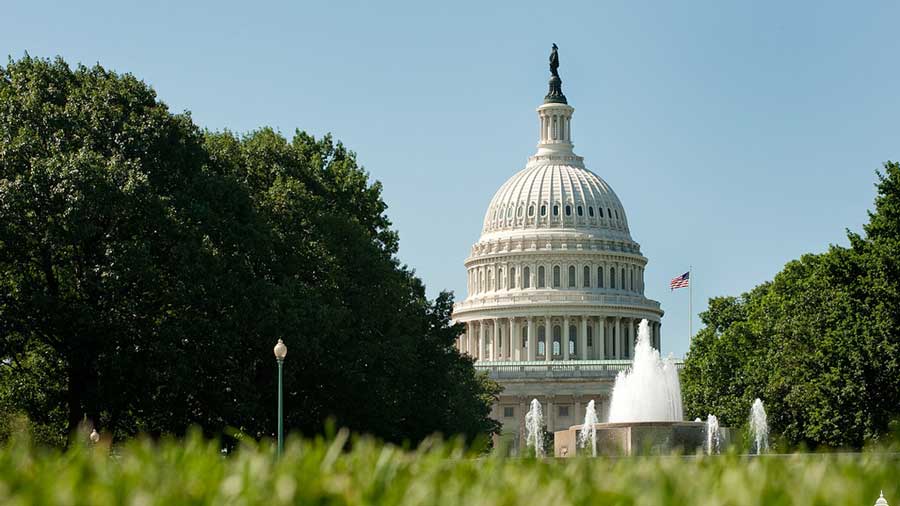Senators Warn FTC Against Weakening COPPA

The smarter way to stay on top of broadcasting and cable industry. Sign up below
You are now subscribed
Your newsletter sign-up was successful

The Federal Trade Commission said Friday it will launch its review of the Children's Online Privacy Protection Act Oct. 7 with a public workshop and already a bipartisan group of senators is warning against weakening the rule, saying they are afraid the early update may not sufficiently calculate for the threat some giant tech companies pose to kids and their parents.
The FTC is looking at the rule "in light of evolving business practices and new technology in the online marketplace."
Sens. Josh Hawley (R-Mo.), Edward J. Markey (D-Mass.), Richard Blumenthal (D-Conn.), and Marsha Blackburn (R-Tenn.), teamed up on a letter to the commissioners.
They pointed to the FTC's recent Google settlement over alleged YouTube COPPA violations, saying it had almost no deterrent value and was not "paired with structural injunctions" to prevent future violations.
Related: FTC Getting Hill Privacy Once-Over
They are concerned that the questions the FTC sought answers to (see below), suggest it is looking for exceptions and changes that would in fact weaken children's online privacy.
They also cite the FTC's alleged failure to fully enforce the COPPA rule already on the books.
The smarter way to stay on top of broadcasting and cable industry. Sign up below
Back in July, the FTC sought comment on some 2013 updates to the rule and whether more changes were needed. Ordinarily the FTC would not be doing another review until 2013, but said the earlier review was warranted to make sure children are being protected
COPPA's author, Sen. Ed Markey (D-Mass.) was one of those arguing for the need to update its protections, including extending them to older children and youth.
Related: Sen. Markey Looks to Update COPPA
The 2013 amendments included "an expanded definition of children’s personal information, including persistent identifiers such as cookies that track a child’s activity online, as well as geolocation information, photos, videos, and audio recordings."
Markey has long argued that given the development of online tracking and data collection in the decades since the original legislation was adopted, it was time to extend COPPA's protections.
These are some of the questions the FTC is looking to answer:
1. "Has the Rule affected the availability of websites or online services directed to children?
2. "Does the Rule correctly articulate the factors to consider in determining whether a website or online service is directed to children, or should additional factors be considered? For example, should the Rule be amended to better address websites and online services that may not include traditionally child-oriented activities, but have large numbers of child users?
3. "What are the implications for COPPA enforcement raised by technologies such as interactive television, interactive gaming, or other similar interactive media?
4. "Should the Commission consider a specific exception to parental consent for the use of education technology in schools?
5. "Should the Commission modify the Rule to encourage general audience platforms to identify and police child-directed content uploaded by third parties?"
Contributing editor John Eggerton has been an editor and/or writer on media regulation, legislation and policy for over four decades, including covering the FCC, FTC, Congress, the major media trade associations, and the federal courts. In addition to Multichannel News and Broadcasting + Cable, his work has appeared in Radio World, TV Technology, TV Fax, This Week in Consumer Electronics, Variety and the Encyclopedia Britannica.

